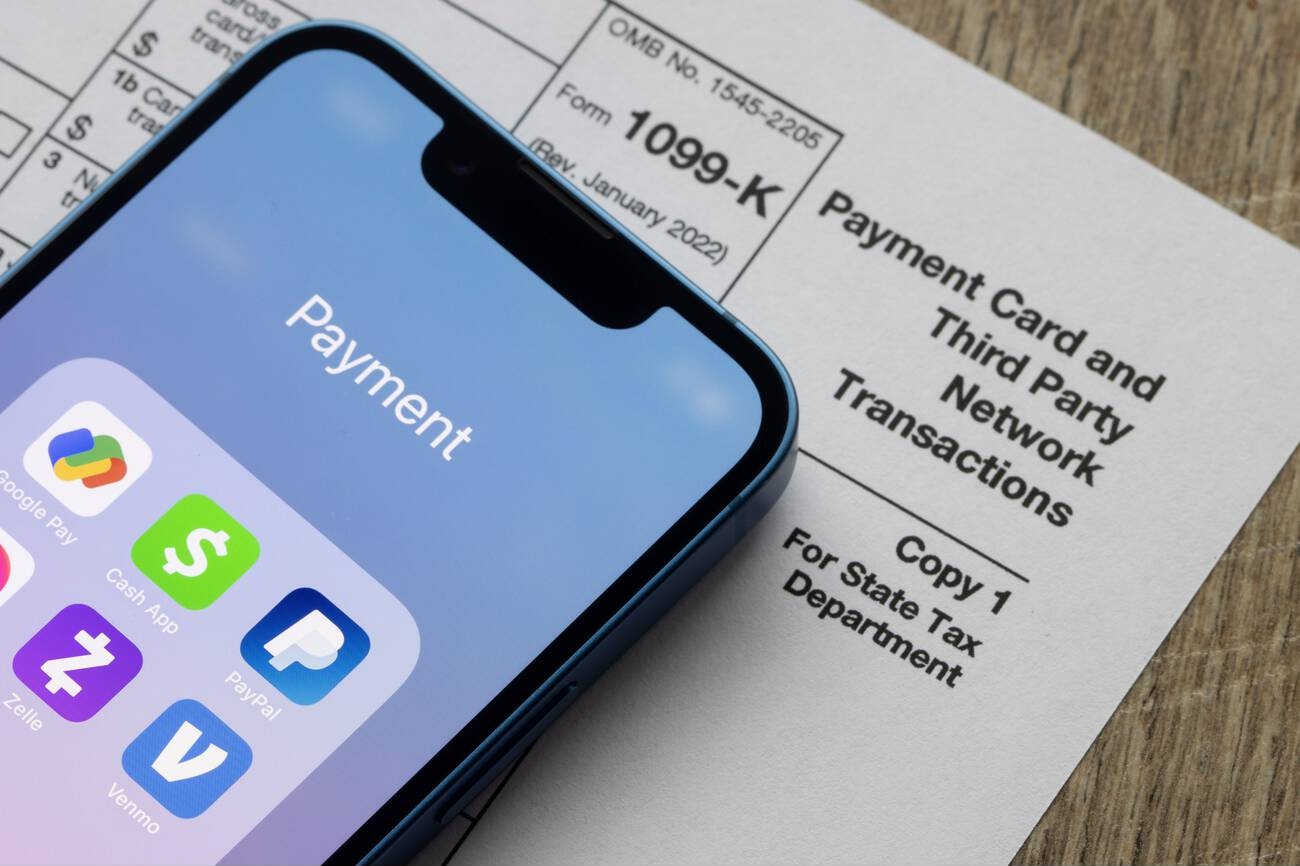Online sellers who use a third-party payment app will get a reprieve this upcoming tax filing season as the IRS said on Tuesday it will once again delay the new $600 Form 1099-K reporting threshold.
The agency said it is planning for a reporting threshold of $5,000 for tax year 2024 before phasing in the $600 reporting threshold that was enacted under the American Rescue Plan in 2021.

“We spent many months gathering feedback from third-party groups and others, and it became increasingly clear we need additional time to effectively implement the new reporting requirements,” IRS Commissioner Danny Werfel said in a statement on Nov. 21. “Taking this phased-in approach is the right thing to do for the purposes of tax administration, and it prevents unnecessary confusion as we continue to look at changes to the Form 1040. It’s clear that an additional delay for tax year 2023 will avoid problems for taxpayers, tax professionals, and others in this area.”
Online shopping sites, such as Etsy and eBay, and payment network PayPal, among other companies, had urged Congress to change the new $600 reporting threshold for Form 1099-K. The new reporting rules would affect millions of people who sell on sites, like Airbnb and Poshmark, and get paid through third-party applications, like PayPal, Square, and CashApp.
Previously, to receive a 1099-K an online seller had to have at least 200 third-party payment network transactions totaling more than $20,000 in gross payments. According to the new rules, a single transaction on a payment network of just $600 can trigger a 1099-K. These requirements even pertain to reselling concert tickets.
Implementation of the $600 reporting threshold was delayed last December by the IRS, but the changes and the delays continued to cause confusion.
The IRS said on Tuesday that it will treat 2023 as an additional transition year, which “will reduce the potential confusion caused by the distribution of an estimated 44 million Forms 1099-K sent to many taxpayers who wouldn’t expect one and may not have a tax obligation. As a result, reporting will not be required unless the taxpayer receives over $20,000 and has more than 200 transactions in 2023.”
And as Werfel noted today, the IRS is also looking to make updates to Form 1040 and related schedules for 2024 that would make the reporting process easier for taxpayers. Changes to the Form 1040 series “are complex and take time; delaying changes to tax year 2024 allows for additional feedback,” the IRS said.
Thanks for reading CPA Practice Advisor!
Subscribe Already registered? Log In
Need more information? Read the FAQs





Willie Donnett February 8 2025 at 2:37 am
Thanks